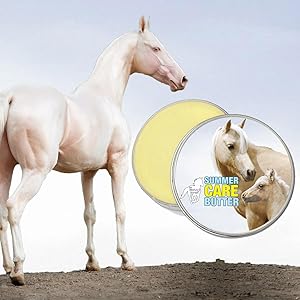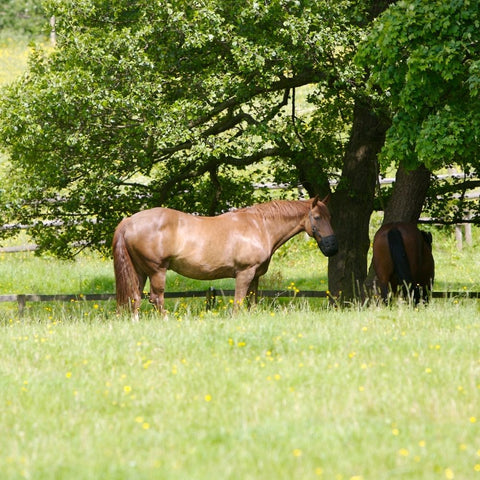Summer Care: Protecting Your Horse from Heat and Flies

Caring for your horse during the hot summer months is crucial to ensure their health, comfort, and performance. High temperatures and pesky flies can cause stress, discomfort, and even serious health issues for horses. This article provides detailed guidance on how to protect your horse from heat and flies effectively.
Understanding the Risks of Summer Heat

Horses are susceptible to heat stress and dehydration, which can lead to heat exhaustion or heat stroke. Signs of heat stress include excessive sweating, rapid breathing, lethargy, and loss of appetite. It’s important to recognize these symptoms early to prevent serious complications.
Strategies to Protect Your Horse from Heat
| Strategy | Description | Tips |
|---|---|---|
| Provide Shade | Ensure your horse has access to shaded areas such as trees or shelters. | Use portable shade structures if natural shade is unavailable. |
| Hydration | Always provide fresh, clean water to keep your horse hydrated. | Check water buckets multiple times a day; consider electrolyte supplements if needed. |
| Adjust Exercise | Limit strenuous activities during peak heat hours (10 AM – 4 PM). | Schedule rides early morning or late evening when temperatures are cooler. |
| Cooling Techniques | Use cool water hosing or fans to help lower your horse’s body temperature. | Avoid ice-cold water; lukewarm water is more effective and comfortable. |
Protecting Your Horse from Flies
Flies are not only annoying but can also transmit diseases and cause skin irritations. Here are effective methods to keep flies at bay:
- Fly Masks and Sheets: Use protective gear to cover sensitive areas like the eyes and body.
- Fly Sprays and Repellents: Apply vet-approved products regularly, especially around feeding and resting areas.
- Environmental Management: Keep stalls clean, remove manure frequently, and use fly traps or fans to reduce fly populations.
Additional Summer Care Tips
- Regular grooming to remove sweat and dirt, which attract flies.
- Monitor your horse’s weight and condition as heat can affect appetite.
- Provide salt blocks to replenish minerals lost through sweating.
FAQ
Q1: How often should I water my horse during hot weather?
A1: Horses should have constant access to fresh water. Check and refill water buckets at least twice daily, more often if the weather is extremely hot.
Q2: Can flies cause serious health problems for horses?
A2: Yes, flies can transmit diseases like equine infectious anemia and cause painful skin conditions such as sweet itch.
Q3: What are signs of heat stroke in horses?
A3: Symptoms include high body temperature, rapid pulse, heavy sweating, weakness, and collapse. Immediate veterinary care is essential.
By following these summer care tips, you can help ensure your horse stays healthy, comfortable, and happy throughout the hot season.
